Public History Courses
HERITAGE AND MEMORY IN HISTORY MUSEUMS
This class examines museums and memorials that represent heritage, history and memory. How do some heritages come to be memorialized and institutionalized and others excluded? Case studies from different regions and social contexts will be explored including conflict heritage, minority heritage, indigenous heritage sites of conscience, the relationship between heritage, development and tourism to history museums and memorials. Considering cultural institutions as diverse as Colonial Williamsburg, immigration museums in the US, Slavery museums in Africa, Holocaust museums in Europe, and museums of Native American history and culture, we seek out common themes and problems that provide opportunities for growth in institutional representations of the past. Topics covered include: authenticity, race, cultural property, nationalism, interpretation, multivocality, contact zones, multiculturalism and community outreach. Our objective is to examine the connections and distinctions between the theory and practice of exhibiting history and to understand how material culture, social process and historical events converge in the social production of collections and institutions. Our focus is on museums not merely as containers of history, but as social arenas that influence and determine the politics, value and experience of the past. Students will develop a theoretical toolkit for contextualizing and addressing controversies in the heritage industry of cultural institutions.
Historic Sites, Cultural Landscapes and the Politics of Preservation
Students who complete this course will review 150 years of preservation projects in the U.S., a
movement that has not only saved historic houses, but established the national park system and
documented the nation's heterogeneous history. Students will encounter powerful, evocative
interpretive projects, contemporary battles over preservation, innovative approaches to
programming and community formation, as well as failed attempts to preserve public space.
Students will discuss the controversies surrounding these spaces, paying particular attention to
the social and political context in which both the original use and reuse of historic space took
place. The course is organized into three themes: (1) types of historic sites and cultural
landscapes, (2) processes of preservation, and (3) activating historic sites. Assignments include creating podcasts of historic sites in the city.
